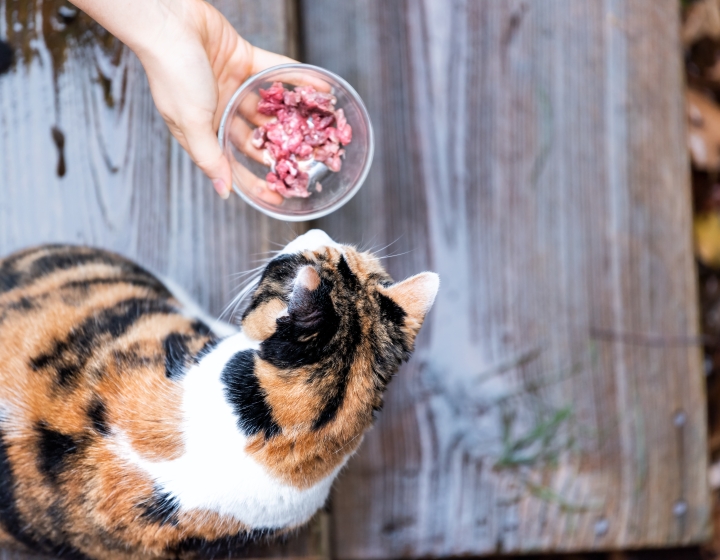Newly promoted Senior Lecturer continues contributions to wildlife
 After thirteen years of service at Cornell University, wildlife specialist Dr. Noha Abou-Madi has been promoted to Senior Lecturer. As a member of Section of Zoological Medicine in the Department of Clinical Sciences, she has seen the wildlife specialty within the College grow over the years. Services offered by this section have expanded since its inception, and now include teaching, research, clinical service, and consultations involving all aspects of conservation medicine.
After thirteen years of service at Cornell University, wildlife specialist Dr. Noha Abou-Madi has been promoted to Senior Lecturer. As a member of Section of Zoological Medicine in the Department of Clinical Sciences, she has seen the wildlife specialty within the College grow over the years. Services offered by this section have expanded since its inception, and now include teaching, research, clinical service, and consultations involving all aspects of conservation medicine.
Abou-Madi earned her DVM in 1984 and her MSc in Veterinary Clinical Sciences in 1986 from the University of Montreal, and completed residencies in Veterinary Anesthesiology and Zoological and Wildlife Medicine at the University of Florida from 1986-1991. She joined Cornell in 1997 after working at the Busch Gardens Inc. in Tampa, Florida for five years and became a Diplomate of the American College of Zoological Medicine in 2004.
Along with her colleagues, Abou-Madi is teaching one of the most extensive curricula in zoological medicine in North America, offering courses ranging from Conservation Medicine to Amphibian and Reptile Medicine and Surgery. She shares clinical duties at the Janet L. Swanson Wildlife Health Center and at the Rosamond Gifford Zoo with Dr. George V. Kollias, Jay Hyman Professor of Wildlife. These ties provide unique opportunities to teach the practice of conservation medicine for free-ranging and captive animals.
At the Janet L. Swanson Wildlife Health Center, graduate and undergraduate students, residents, and interns provide state-of-the-art veterinary care to injured native wild animals, under the direction of the clinicians. Students and residents benefit from the rare opportunity to participate in the care of endangered and threatened animals housed at the zoo, including programs for red pandas, Asian elephants, snow leopards, and Humboldt penguins.
Ties to the zoo have fostered Abou-Madi's own continued work in conservation medicine. After the loss of one of the zoo’s baby elephant to the Elephant Endotheliotropic Herpesvirus, one of the leading causes of juvenile mortality in Asian elephants, Abou-Madi began an intensive research effort studying the disease that may one day lead to a greater understanding of the virus and the possible development of a vaccine.
“Conservation medicine is an essential aspect of veterinary medicine”, says Abou-Madi. “We are developing several new programs to help train the growing number of students interested in this field. Our team is involved in programs in Asia, Africa, and Central and South America, focused on teaching students and children about the conservation of animals and the importance of sustainable ecosystems.”
From teaching and clinical work to specialized zoological training and outreach, Abou-Madi will continue expanding the College’s contributions to wildlife and conservation in her new role as Senior Lecturer.



